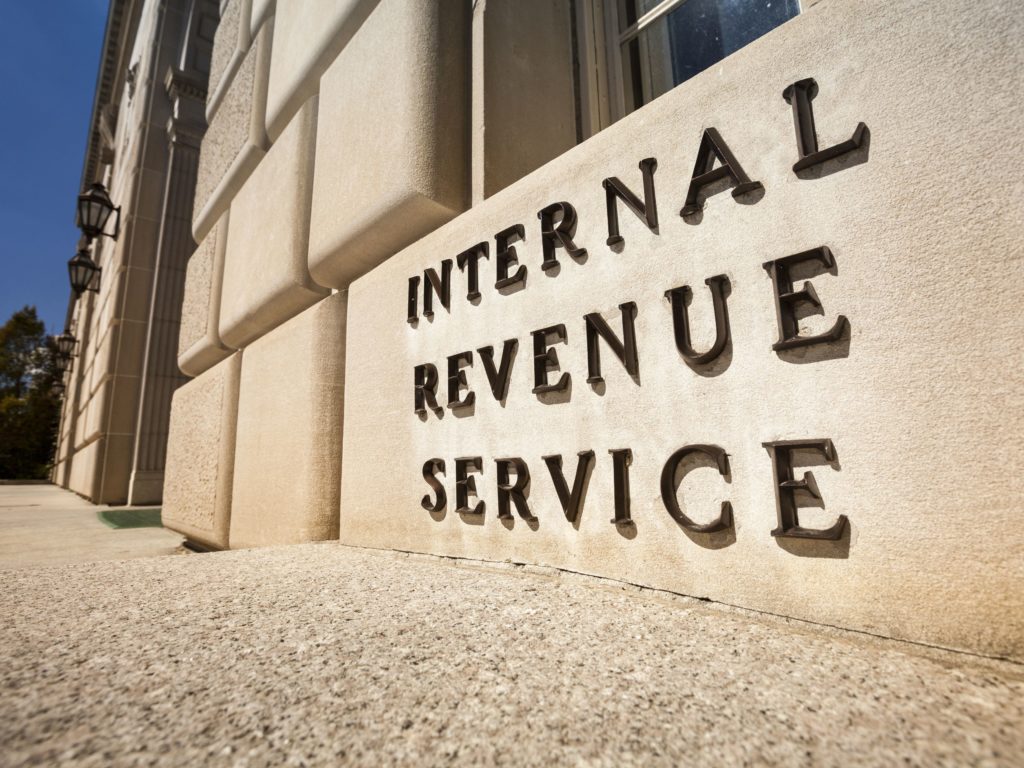If there is one thing most people do not want to confront during their lives, it is an IRS audit. Depending on the circumstances surrounding the audit, you could suddenly find yourself being expected to pay the IRS thousands of dollars. While you may believe the IRS is all-powerful and you would never stand a chance against them, that is not true. In fact, the IRS does have an appeals process in place that can be very useful to those who know how to use it to their advantage. If you are unhappy with a ruling by the IRS and are considering filing an appeal, here is everything you need to know.
Why File an IRS Appeal?
As to why you would want to file an IRS appeal, there are various reasons. For example, if the agency has placed a lien on your property, seized your tax refunds, or even initiated wage garnishments from your paycheck, you may want to file an immediate appeal. Also, if you have been subjected to an audit and receive directions from the IRS to pay thousands of dollars that you do not believe you owe, it is best to file an appeal as soon as possible.
CDP and CAP
When filing your appeal, it will fall into two categories. The first is CDP, or Collection Due Process. Generally, this is enacted when you have received a final notice from the IRS regarding payment due, or when you have received notice about tax liens being placed against you. In situations involving CAP, which stands for Collection Appeals Program, this is often used as a preemptive strike by taxpayers against the IRS. When CAP is used, it is done when an installment agreement has been rejected or modified, or prior to the IRS attempting to levy your property.
The 30-Day Letter
If you plan to appeal a ruling by the IRS, the 30-day letter will be the first step in the process. Once an auditor makes a ruling, they will send the 30-day letter that explains their ruling and how you can file an appeal. Once you receive this letter, you must file your appeal within 30 days or you will be unable to do so. If you file an appeal, it must include your contact information, the reason for your appeal, a copy of the 30-day letter, and specific facts as to why you disagree with the auditor’s ruling.
IRS Appeals Representation
When filing your appeal, you should also give serious consideration as to what type of representation you will have during the appeals process. While you have the legal right to represent yourself at hearings and throughout the process, most experts agree you should hire an attorney or CPA to guide you through the process from start to finish. Since appeals can be very complex and involve numerous IRS regulations, you should always have expert representation on your side. Also, if there are any aspects of your case that could be extremely sensitive or involve the possibility of criminal charges in the future, having an attorney representing you could afford you the luxury of attorney-client privilege.
Preparing for the Appeal
Since it will be important to file your appeal as soon as possible, always start preparing as quickly as you can. To begin with, file a Freedom of Information Act request with the IRS to gain access to the auditor’s file on your case. Also, gather together important documents such as bank statements, receipts, checks, and other items that could bolster your case. Because most of these cases are settled out-of-court, being as well-prepared as possible can increase your chances of winning your case.
While filing an IRS appeal can be intimidating at first, it can also be a situation where you can come out a winner in the end. By being well-prepared and relying on experienced representation, you can indeed beat the IRS.



